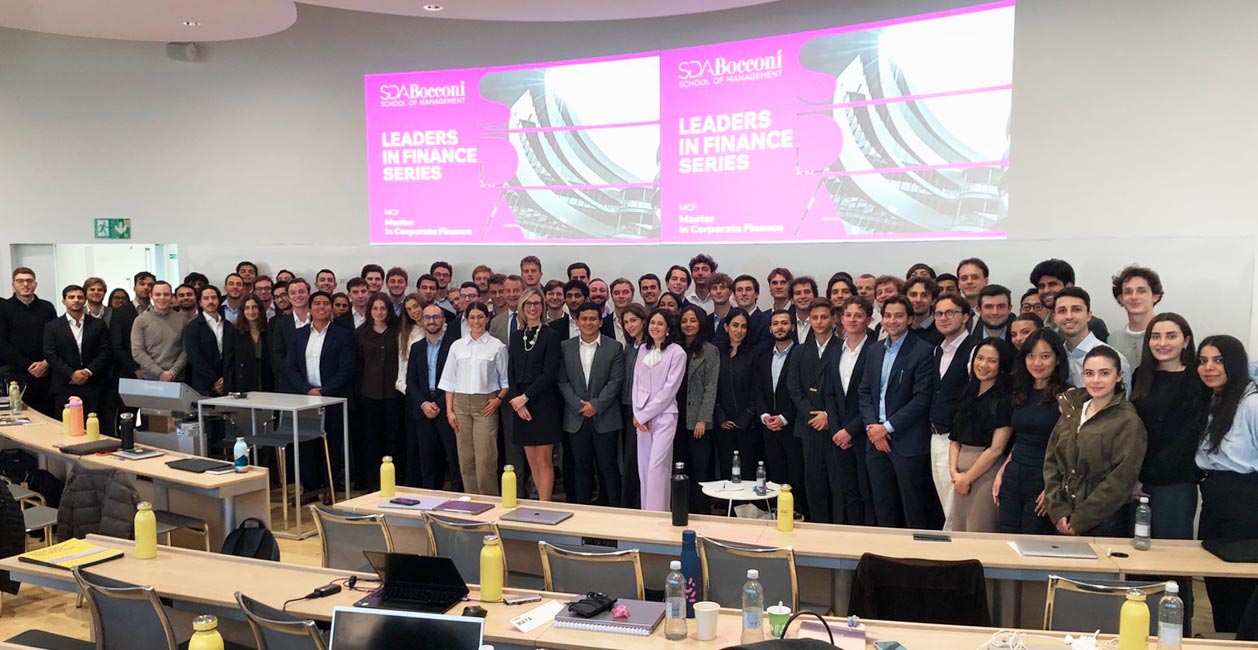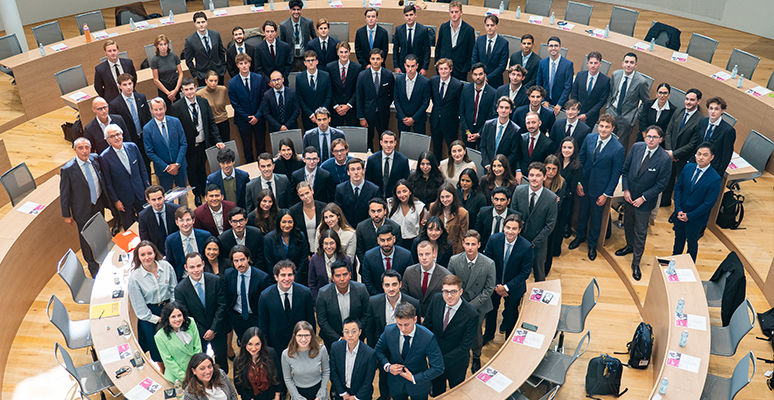
- Start date
- Duration
- Format
- Language
- 11 Nov 2025
- 4,5 days
- Blended
- English
Providing a strong foundation in finance to senior executives who aim at being able to show the financial return and the impact of strategic initiatives on company value.
The real estate industry is one of the contexts where marketing has recently been making impressive progress and showing interesting potential. But the ongoing pandemic and the signs of recovery we see in the economic system are pushing toward a total overhaul, factoring in the continuing liquidity crisis that some companies are experiencing, the large number of aging unsold real estate assets, and the ample supply of new buildings for which corresponding demand is weak.
In this scenario, the needs and the behaviors of consumers and investors are evolving radically in the midst of deep changes that are giving rise to a completely different socio-economic context today, as compared to the past. Given this context, companies that operate in the real estate industry must become more aware of the role of marketing.
The second edition of the book Marketing immobiliare, published in January 2022 by Egea, contributes to achieving this aim. We reached out to Piero Almiento to ask him to tell us about the main points in his book.
What are the most noteworthy evolutions in the real estate industry in recent years? And how are they incorporated into the second edition of your book?
Since 2018, when the first edition came out, real estate has changed tremendously as a number of ongoing phenomena have accelerated dramatically. Just think of the rise in digital technology and the impact of climate change, as well as the repercussions of the pandemic in terms of how people need to work and live. So I’ve incorporated into the solid marketing methodology of the first edition the new requirements of today’s real estate market, both on the supply side and the demand side. Beyond updating and integrating the original contents, in this new version of my book I’ve added important chapters on new real estate products, the impact of ESG on the industry and the digital transformation that’s currently impacting the world of real estate. To complete the picture, I’ve added some interesting real-world cases too.
What do you think the main marketing tools are to evaluate, construct and manage in a real estate project?
A real estate project should be undertaken by introducing a marketing approach from the outset, even before purchasing the land if possible. The marketing process begins by analyzing the operation and the market. Based on this analysis, the company can decide what strategy to adopt, and choose what market to serve and what to offer. Next comes the execution stage, with decisions on what the most appropriate marketing mix should be to achieve the strategic targets the company has set. In the text, I develop this methodology and describe how to make the best use of the tools that marketing offers for every stage in the project.
Why is it so essential to create connections and synergies between marketing real estate finance?
Because the success of a real estate project depends mainly on properly defining the role of marketing and finance, and establishing the right relationship between the two functions. We can compare the role of finance to the heart: finding the resources to develop the project, in the right amount, at the right time, and at the lowest possible cost. Marketing can be compared to the head, because the market is what counts, and marketing is the function that can best interpret the market, steering choices toward the successful outcome of the real estate deal.
How are ESG criteria and digital transformation reshaping the real estate industry?
The growing awareness of ESG issues and the increasingly deep, rapid digital transformation have changed not only our behaviors and needs, but also our way of seeing things. Medium- and long-term investors are more and more interested in building projects that respect sustainability criteria and exploit the advantages offered by digitalization in various stages of development: evaluation, financing, design, construction, communication and sale.
SDA Bocconi School of Management

Providing a strong foundation in finance to senior executives who aim at being able to show the financial return and the impact of strategic initiatives on company value.


Acquisire competenze su finanziamenti, business plan e valutazione avanzata delle startup per concepire, lanciare e far crescere nuove imprese.

